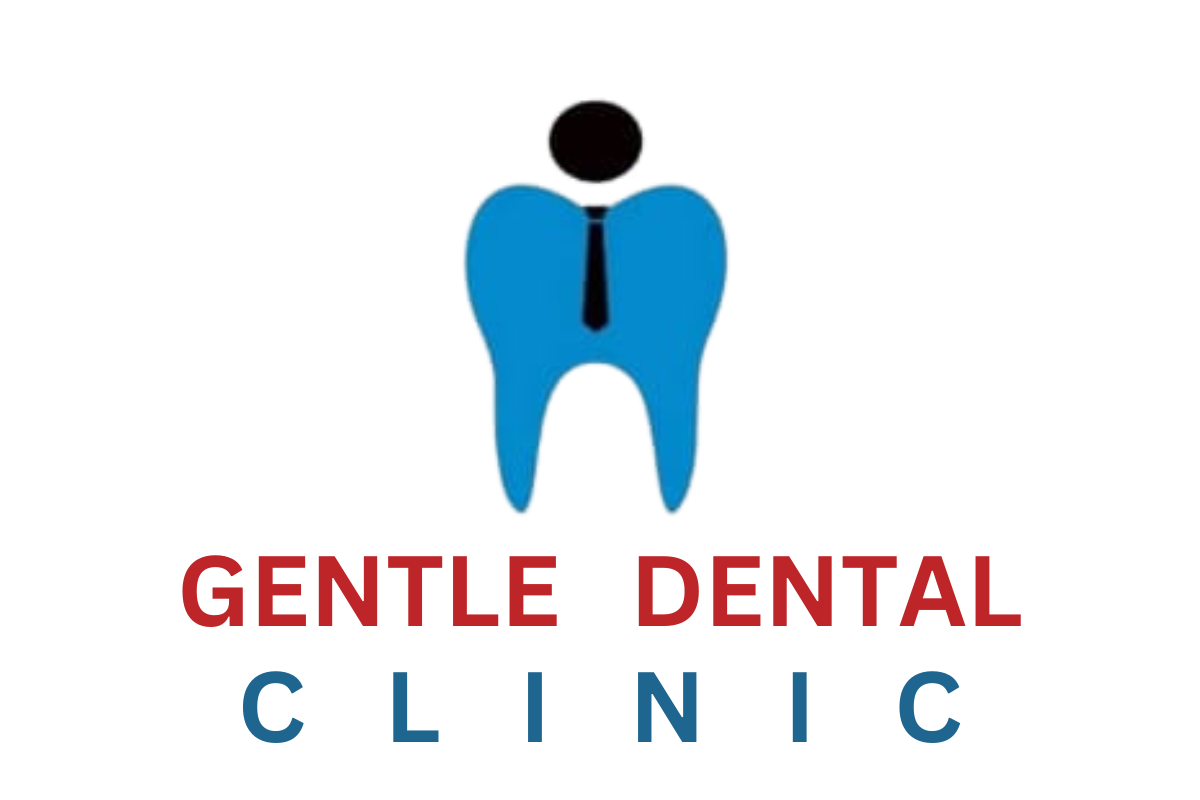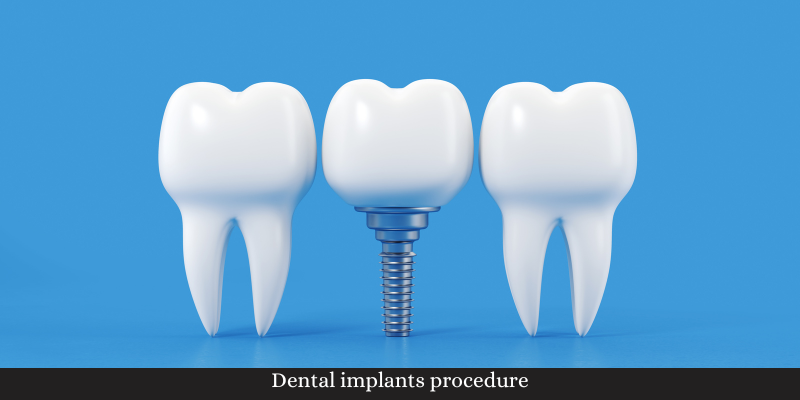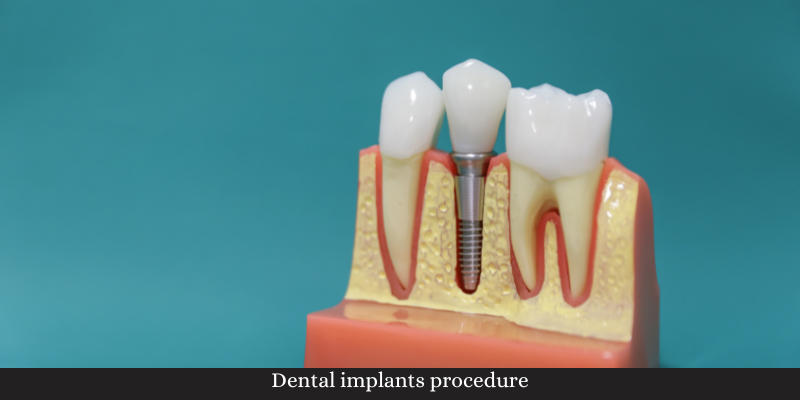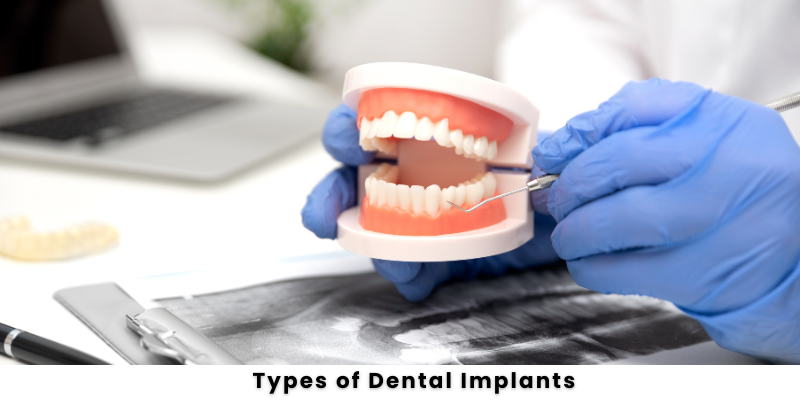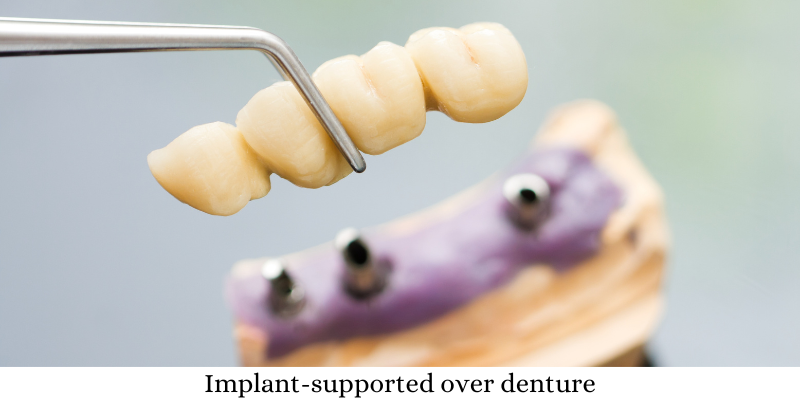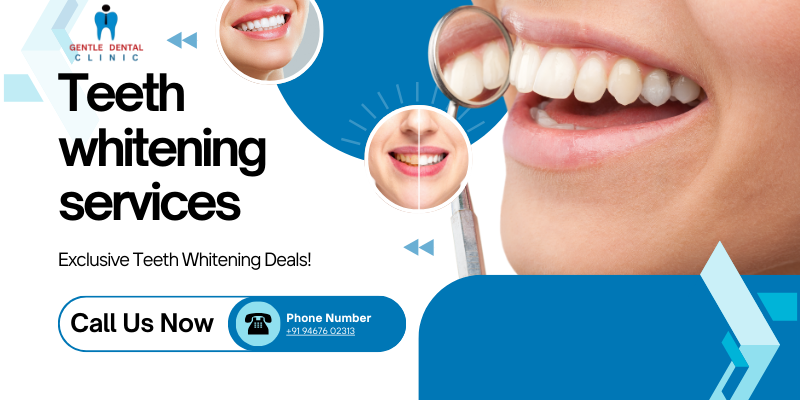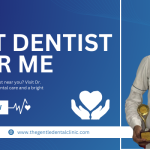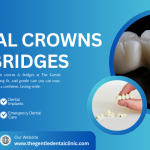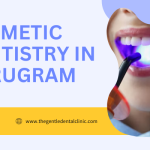Introduction To Teeth Whitening Services
Teeth whitening services have become increasingly popular as individuals strive for a brighter, more confident smile. These services offer a variety of methods designed to lighten teeth and remove stains or discoloration caused by factors such as coffee, tea, red wine, smoking, and natural aging processes. Advances in dental cosmetic technologies have made these services more accessible and effective, providing immediate and long-lasting results for those seeking dental aesthetic enhancement.
Professional teeth whitening services are usually carried out by dental practitioners in a clinic setting, ensuring precise control over the whitening process and minimizing risks associated with over-the-counter products. These services often involve the application of bleaching agents like hydrogen peroxide or carbamide peroxide, which penetrate the enamel to break down stains into smaller, less concentrated forms. In-office procedures can be complemented by take-home whitening kits, allowing individuals to maintain their results over time.
Apart from traditional methods, modern innovations such as laser whitening and LED light-activated systems have emerged, providing enhanced efficiency and comfort during the procedure. Teeth whitening not only improves the appearance of one’s teeth but also significantly boosts self-esteem, making it a preferred choice for those looking to enhance their smile effortlessly. However, it is essential to consult with a dental professional to determine the most suitable approach, considering individual needs and dental health status.
Different Types Of Teeth Whitening Methods
Teeth whitening services have become increasingly popular as individuals seek to achieve brighter, more radiant smiles. There are several different methods to achieve teeth whitening, each offering unique benefits. One common approach is in-office whitening, performed by dental professionals. This method typically involves applying a high-concentration peroxide gel to the teeth, often activated by a special light or laser. The process can be completed within an hour, delivering immediate, dramatic results.
Another option is at-home whitening kits, which are often dentist-prescribed and tailored specifically to the patient’s dental structure. These kits usually include custom-fitted trays and a peroxide-based gel, allowing individuals to whiten their teeth gradually over one to two weeks in the comfort of their home.
Over-the-counter products, such as whitening strips and toothpaste, are also popular for their affordability and ease of use. Whitening strips are flexible, adhesive-coated strips that adhere to the teeth, applying a thin layer of peroxide gel. Whitening toothpaste contains mild abrasives and low concentrations of bleaching agents to aid in stain removal and enhance the whitening effect. Finally, natural remedies, like baking soda and hydrogen peroxide mixtures, offer a more organic, albeit less potent, approach.
Understanding the differences in these methods helps individuals select the most suitable option based on their desired outcome, budget, and the condition of their teeth.
Benefits Of Professional Teeth Whitening
Professional teeth whitening offers numerous benefits that go beyond just achieving a brighter smile. One of the most significant advantages is the effectiveness and immediacy of the results. Unlike over-the-counter products, professional treatments can whiten teeth by several shades in just a single session, delivering noticeable improvements that at-home kits often struggle to achieve. This is primarily due to the stronger bleaching agents that are used under professional supervision, ensuring a more powerful and controlled treatment.
Moreover, professional teeth whitening is tailored to fit individual needs. Dentists can customize the whitening process based on the specific discoloration patterns and tooth sensitivity of each patient, optimizing results while minimizing discomfort or risks of sensitivity. This personalized approach ensures not only a whiter smile but also maintains oral health, as the treatment is performed in a safe, sterile environment.
Additionally, professional whitening can lead to enhanced self-confidence. A whiter, brighter smile often results in a significant boost in self-esteem, encouraging individuals to smile more freely and engage more confidently in social situations. Furthermore, a brighter smile can contribute to a more youthful appearance, as discoloration and staining tend to be associated with aging. Overall, professional teeth whitening combines safety, efficacy, and personal care, making it a compelling choice for those seeking to enhance their smile.
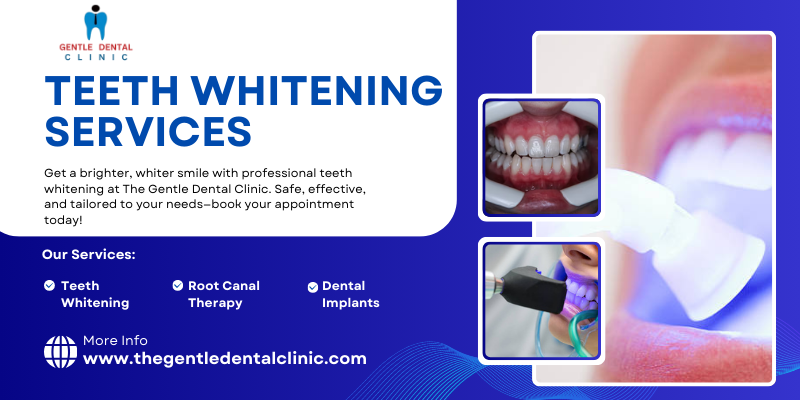
How To Choose The Right Teeth Whitening Service
When choosing the right teeth whitening service, it’s essential to consider several factors to ensure the treatment is safe, effective, and suited to your needs. Begin by researching the qualifications and experience of the dental professional or clinic offering the service. Look for practitioners with specialized training in cosmetic dentistry and teeth whitening procedures. This expertise ensures they are knowledgeable about the latest techniques and can provide tailored advice based on your dental health status.
Next, consider the types of whitening services available. Some clinics offer in-office treatments using advanced laser systems or professional-grade whitening gels, which may produce faster and more noticeable results than over-the-counter products. If you prefer an at-home solution, inquire whether the service provides custom-fit trays for a more comfortable and effective treatment. Compare the expected results, treatment duration, and costs associated with each option.
Additionally, seek testimonials and reviews from previous clients to gauge satisfaction levels. Personal recommendations can also provide insight into the quality of service and outcomes. Consider the dental clinic’s approach to safety, ensuring that they conduct a thorough examination to determine if you’re a suitable candidate and that they provide aftercare advice and support. Finally, evaluate your budget to find a service that aligns with your financial constraints without compromising quality.
What To Expect During A Teeth Whitening Procedure
When you undergo a teeth whitening procedure, you can expect a relatively straightforward and efficient process designed to enhance the brightness of your smile. Initially, the dental professional will conduct an examination of your teeth and gums to ensure your oral health is suitable for whitening. This often involves discussing your dental history and any sensitivities or allergies you may have.
Once deemed appropriate, the procedure begins by cleaning your teeth to remove any plaque or debris, allowing the whitening agent to work effectively.
Next, a protective barrier is applied to your gums and lips to safeguard them from the whitening solution. This step is crucial, as it prevents irritation. The whitening agent, typically containing either hydrogen peroxide or carbamide peroxide, is then applied evenly onto the surface of your teeth. Some procedures use a special light or laser to activate the whitening agent, enhancing its effectiveness.
During the treatment, which usually lasts between 30 to 90 minutes, you may experience varying degrees of sensitivity, though this is generally temporary. After the allotted time, the dentist will remove the whitening gel and rinse your mouth thoroughly. You’ll be able to see an immediate difference in the shade of your teeth, though optimal results may take a few days to fully develop.
Finally, post-procedure care advice will be given to maintain your enhanced smile.
Aftercare Tips For Maintaining Whitened Teeth
After successfully whitening your teeth, it is crucial to maintain the results, ensuring your smile stays bright and radiant. The first step in maintaining whitened teeth is to adhere to a regular oral hygiene routine. Brushing at least twice a day with a toothpaste designed for whitening will help remove surface stains and prevent plaque buildup. Consider using an electric toothbrush for more effective cleaning, reaching all the nooks and crannies of your teeth.
Flossing daily is equally important as it removes food particles and plaque between teeth that can lead to discoloration over time.
Diet also plays a significant role in maintaining the brightness of your teeth. It’s best to avoid foods and drinks known to stain, such as coffee, tea, red wine, and berries. Whenever you indulge in these items, try to rinse your mouth with water afterwards or use a straw to minimize contact with your teeth. Smoking can also significantly impact the color of your teeth, so reducing or quitting smoking will not only benefit your dental health but your overall well-being.
Regular dental cleanings are essential as well. Seeing your dentist every six months for a professional cleaning will help maintain the shine and health of your teeth. In addition, adhering to any personalized advice given by your dentist will ensure your teeth stay their whitest for as long as possible.
Is teeth whitening safe for sensitive teeth?
Yes, our professional whitening treatments are designed to be gentle and safe, even for sensitive teeth. We use clinically approved products that minimize discomfort.
How long does teeth whitening last?
Results typically last 6 to 12 months, depending on your lifestyle and oral hygiene. Avoiding staining foods and drinks helps maintain a brighter smile longer.
Will teeth whitening damage my enamel?
No, professional teeth whitening does not damage enamel. We use safe, dentist-approved methods that effectively whiten without harming your teeth.
How soon will I see results after the treatment?
Most patients see noticeable results after just one session. For deeper stains, multiple sessions may be recommended for optimal results.
